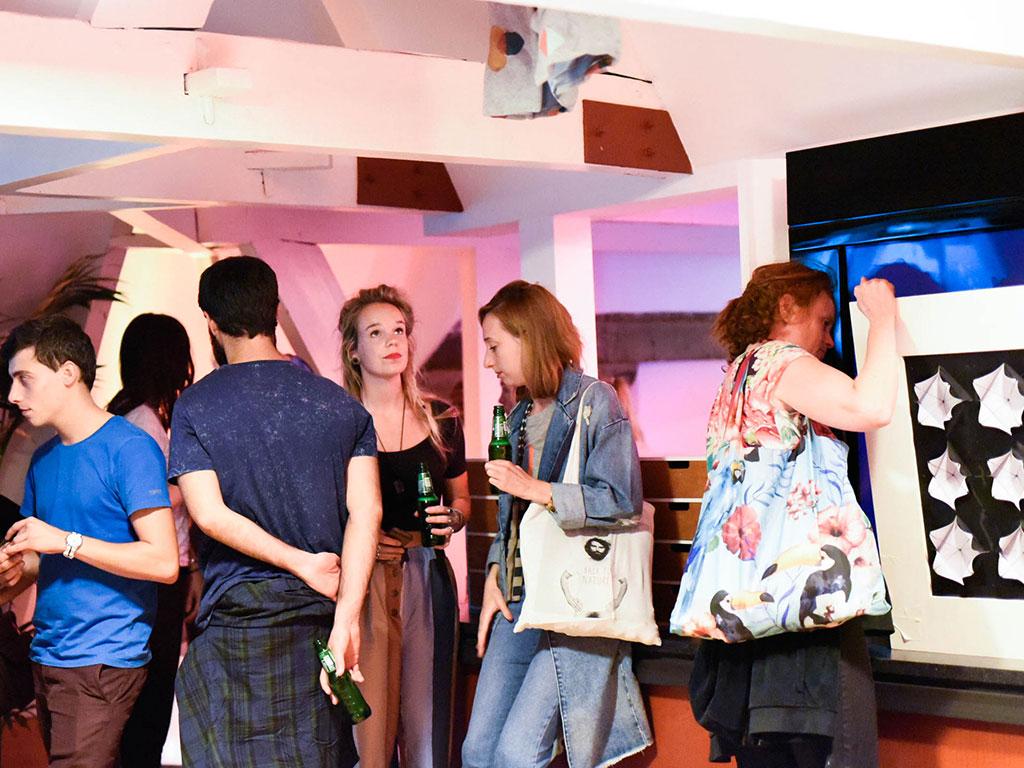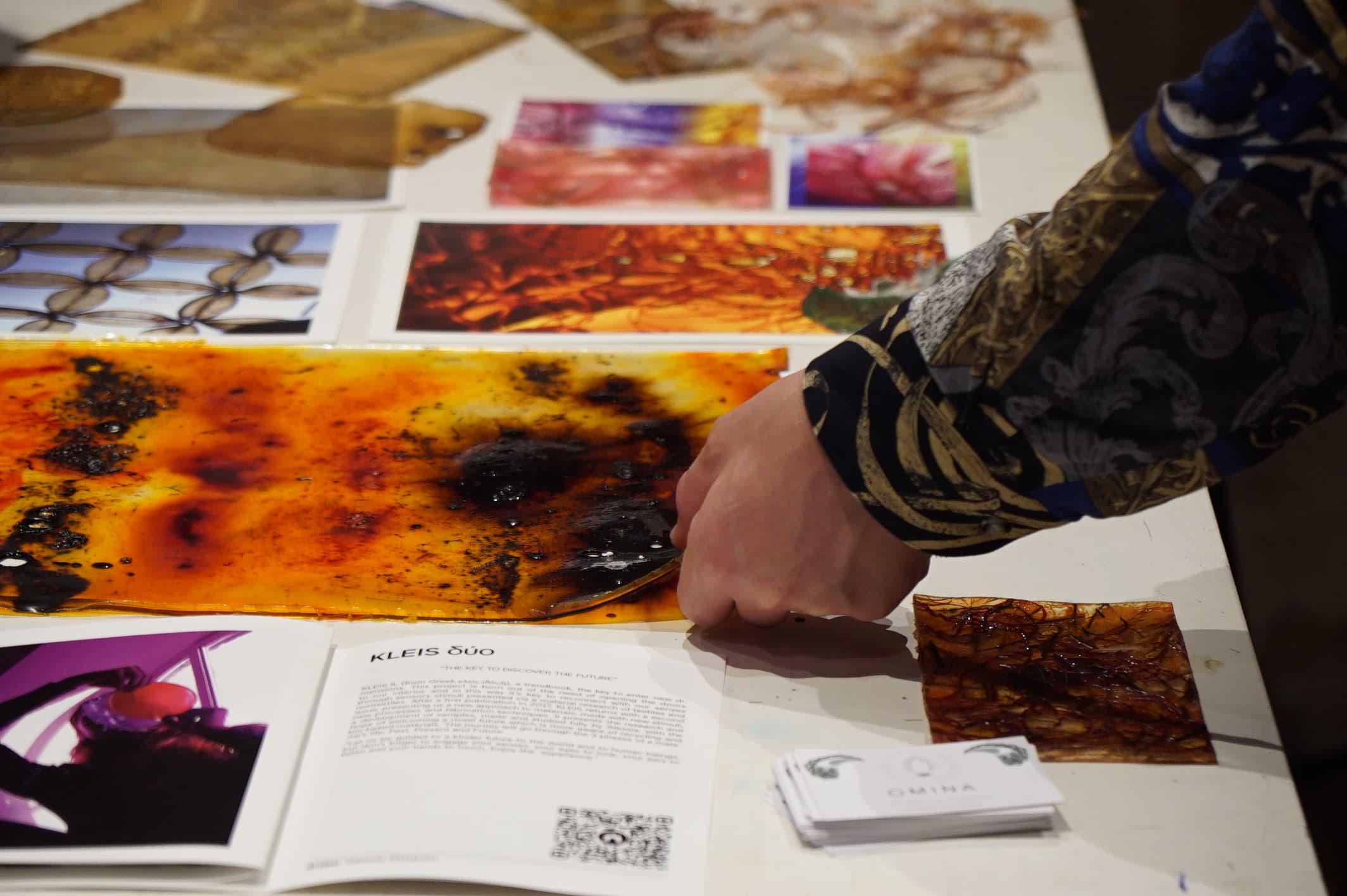Amsterdam has e new creative workspace. After its official opening TextileLab Amsterdam—located on the Nieuwmarkt—will be open to those who want to experiment with new forms of textiles, clothing, materials, and digital fabrication.
Why a TextileLab?
The clothing industry is the second largest polluter in the world. That should be different. The goal is to work together to discover innovative solutions for the unethical and environmentally unfriendly side of the clothing and textile industry with textile, fashion, and material designers, researchers, scientists and creatives. TextileLab Amsterdam is, above all, dedicated to experimentation and knowledge sharing.
What are we going to do?
Here's just a small taste of the lab's exciting workshop programme: dyeing textiles with bacteria (less impact on the environment); designing new materials with 3D printers; and hacking existing machines to create new tools. Visitors are welcome to experiment freely with all the available materials and are encouraged to develop their own projects.
Everything open
Unique to this workspace in the centre of Amsterdam is its open-source approach—meaning that all acquired knowledge and discoveries will be openly shared with the public. This method is very different from the traditional model in the fashion and textile industry in which information is locked away behind closed doors and designs are protected by patents.
In the Textile Academy, sharing knowledge with the outside world is also a central theme. In this new programme, a selected group of creative designers, industrial designers, and researchers will concoct new ways to push the boundaries of the industry over a six-month period.
Not a maker? You can still share in the experience. The TextileLab also offers a 'Textile Dialogues' series alongside its open evenings. These dialogues are organised around current topics like sustainability, ethics, and technology. Pioneers from the clothing and textile industry will discuss their visions, approaches, and how you can help change one of the most polluting industries in the world.


